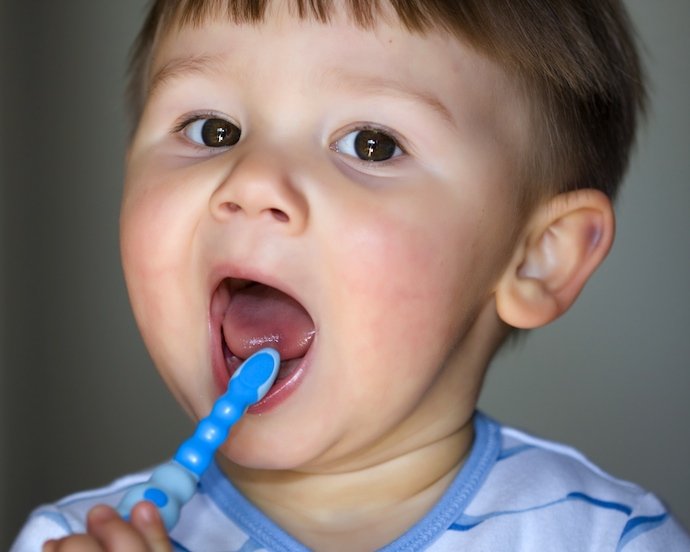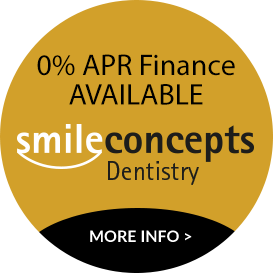Tips for cleaning your baby or child’s teeth
It’s never too soon to introduce children to the importance of teeth and mouth care. By setting a good example and establishing a routine early on you will be laying the foundations for a lifetime of good oral health.

By educating your child and encouraging good habits at an early age your child will look forward to a lifetime of a healthy mouth, teeth and gums.
Stage 1 (0-6 months)
- Oral care can start before your baby has any teeth, milk and food can leave deposits on the gums allowing the build up of bacteria.
- To clean your baby’s gums wrap a piece of gauze around your finger and using cool boiled water use small circular movements to very gently wipe around your baby’s gums.
Stage 2 (6 months to 3 years)
Baby teeth can start to appear as early as four months. Some parents may think care of baby teeth isn’t too important as they will eventually be replaced with adult teeth. However, adult teeth are already developing in the jaw and baby teeth preserve the spacing for adult teeth. If first teeth aren’t cared for tooth decay and gum disease could occur and cause problems later on.
This is also the weaning stage when babies move from a milk only diet towards solid food and other kinds of drinks. Now is the time to start good habits by ensuring that your baby or toddler isn’t eating sugary foods; bottles and cups containing fruit juice, soft or fizzy drinks are a definite no no.
Follow these tips to take care of baby teeth as soon as they emerge –
- With a baby or toddler it is easiest to sit them on your lap with their head resting on your chest.
- Using a soft brush and a tiny smear of toothpaste that is appropriate for their age use small circles to gently brush all surfaces of the teeth and massage the gums.
- Spitting after brushing should be encouraged rather than rinsing. Rinsing will wash away the fluoride from the toothpaste and it won’t be effective (this applies to adults too!).
- You can start dental check ups for your baby at about 6 months, when baby teeth begin to appear.
Stage 3 (3 – 8 years)
By the age of three all baby teeth should be present. Children don’t find the co-ordination to brush their own teeth until the age of about 7 or 8 so you will still need to brush your child’s teeth.
- At this age it is easiest to stand behind your child and tilt their head back, this way you will get a better view of all their teeth.
- Increase the amount of toothpaste used to a pea sized amount.
- Using a small, soft toothbrush gently clean all surfaces of the teeth and the gums using small circular movements.
- Now is a good time to introduce flossing to the routine, but only if you feel your child is ready.
- Ensure your child is having regular dental check ups.
From the age of about seven or eight children should be able to brush their own teeth. You may need to help at first by holding the brush in their hand and showing them what to do and then they will need to be supervised for a while afterwards too.
- Ensure that you brush your baby or child’s teeth twice a day.
- Use an egg timer to encourage brushing for two minutes.
- Make it a fun activity; make a game out of it, use some music, there are now apps that encourage children to brush their teeth.
Hopefully by educating your child and encouraging good habits at an early age your child will look forward to a lifetime of a healthy mouth, teeth and gums.
If you’ve enjoyed this blog and would like more tips and advice on keeping your family’s mouth healthy and everyone smiling please follow Smile Concepts on Facebook and Twitter.

